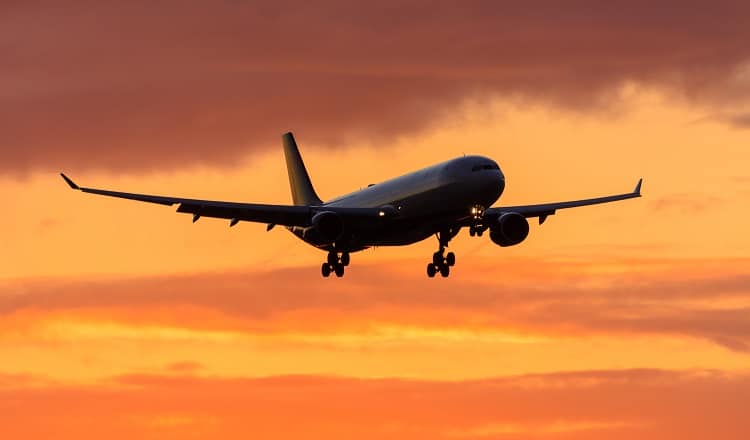
Three major airline unions for cabin crew, commercial pilots and aviation technicians presented a petition in the House of Representatives on Tuesday against the proposed night closure of Schiphol. This happened on the eve of the debate in the House of Representatives about night closure of Schiphol, which will take place on Wednesday. Night closure at Schiphol will have a particularly negative impact on Transavia, which makes many of its flights at night, according to the Dutch Cabin Crew Association (VNC), the Association of Dutch Airline Pilots (VNV) and the Dutch Association of Aviation Technicians (NVLT). Transavia currently uses a third of the night slots at Schiphol. The ability to depart early in the morning and return late at night allows the airline to deploy the aircraft in the best possible way. By flying back and forth three times a day, flying remains accessible to a large group of Dutch people, says Transavia. There is no room to move night flights to the day, say the unions. The freight sector will also be hit hard. The three airline unions warn of loss of employment and accessibility. In doing so, they made concrete suggestions to make aviation quieter, cleaner and stronger, while preserving jobs for the Netherlands and without night closures. ‘A more limited range of flights to and from Schiphol will drive our passengers across the border and will therefore not result in climate gains, but it will result in job losses,’ say the unions. ‘But the consequences will not only be major for airline staff, the Dutch passenger will also feel the inevitable increase in ticket prices in their wallets.’ Aviation is not just an industry; it is the lifeline that connects the Netherlands with the rest of the world, say the unions.
‘Think of (relief) goods that are delivered to the right place at the right time, the thousands of passengers who go on a family visit or holiday, business travellers who keep international trade going on behalf of their company. Or the repatriation flights that brought Dutch people home safely during the corona crisis. It is a sector that proudly contributes to the economy and provides thousands of jobs to people of different educational levels and backgrounds.” According to the unions, there are about 133,000 jobs associated with the Schiphol cluster. According to the unions, a shadow threatens to fall over Dutch aviation. ‘The idea of a deadbolt for Schiphol would not only affect the airport itself, but also Transavia, TUI fly, cargo flights and ultimately the wallet of every Dutch person. With a more limited supply of flights from Schiphol due to night closures, ticket prices for Dutch citizens will irrevocably rise. And it would drive the happy few who can afford it to airports across the border. Aviation connects and is still accessible to people with a smaller budget. All those people who want to fly – and the demand for air travel is higher than ever – are not being heard enough.’ Competing airports and airlines outside the Netherlands and Europe are ready to take over the cancelled flights from their region in the Netherlands.
‘We fear that because of these kinds of measures, people will only drive across the border in their car and then fly from Belgium or Germany. No climate gains, but job losses. Transavia alone accounts for around 3,000 jobs. How many of them will disappear abroad? In addition, the freight sector in the Netherlands will be dealt a huge blow. Many of the most important Dutch export products – flowers, fruit and vegetables – have to reach their destination quickly and on time. What consequences does a night closure have for these sectors?’ The unions refer to the report presented in January this year plan for future-proof aviation in the Netherlands. On Wednesday, the debate on the night closure of Schiphol will take place in the House of Representatives. A delegation from the VNC will also be present in the public gallery. (Photo Shutterstock).